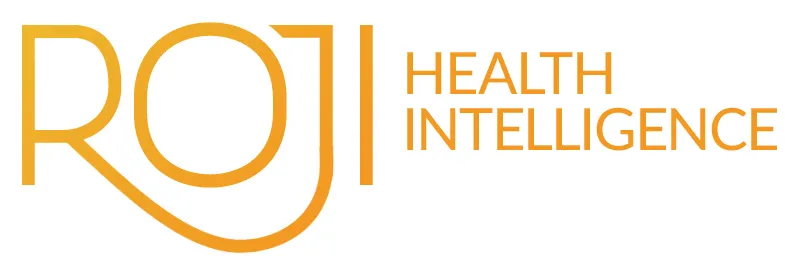If you’re scratching your head about the direction of Value-Based Health Care (VBHC) in Medicare, you’re not alone. The current mix includes a swirl of separate initiatives, some new and others recently re-labled. As CMS pushes toward VBHC, providers may feel confused and frustrated as concepts emerge that will affect multiple programs. Within the last […]
Where’s the Value for Physicians in VBHC? Four Strategies for ACOs and Other APMs
When we talk about “value” in Value-Based Health Care (VBHC), we’re referring to the high-quality/lower-cost services that buyers want from health care providers. Who are the buyers? Health plans, Medicare and other governmental purchasers, plus employers (for the most part, the term is notably not interpreted to include patients). What do buyers want? “Truth in […]
Why Patients Should Ask Questions—and Physicians Should Listen
For health care providers and payers, Value-Based Health Care (VBHC) is a hot topic, with most all payers pressing a shift toward financial risk contracts and ACOs based on quality and cost performance. But if you ask consumers about the trend, chances are you’ll get a blank stare. Why? They’re not really part of the […]
Tipping Point Test for ACOs: Consent to Financial Risk
Last week the conversation about financial risk for providers in ACOs took on a decidedly different and more contentious tone. After months of CMS reports of ACO growth and success, while retreating on MIPS quality reporting requirements as concessions to “provider burden,” CMS signaled that they were finished waiting for providers to accept financial risk […]
ACOs and Specialty Physicians: How Episodes of Care Create a Win-Win Cost and Quality Strategy
Specialty care is a thorny cost and political issue for ACOs and physicians alike. No ACO can provide good or comprehensive patient care without specialists. But if ACOs are to produce savings, they will almost certainly need to address how, when and at what cost those specialists will be used. The degree of concern about […]
Four ACO Development Decisions That Will Impact Return on Investment
“It’s not how you start, but how you finish” might be the way some ACOs must navigate a difficult path to success. But for organizations planning a new ACO venture, that rocky path may be avoidable. The early days of ACO development are behind us, and ACO models to take on financial risk are now […]
Unify ACO Quality and Cost Initiatives to Boost Long-term Results
Let’s face it. There’s a pretty low bar to meeting Medicare’s ACO Quality requirements. Most ACOs have achieved acceptable quality performance for Medicare Shared Savings Plans (MSSPs). They have not, however, achieved the savings needed to be successful. ACO supporters point to the “Triple Aim” of achieving higher quality, cost savings and good patient experience […]
ACOs Must Create Learning Environment for Physicians to Be Partners in Change
The idea behind ACOs sounds simple enough: Build a network of primary care physicians, specialists, hospitals and other health care organizations that share risk and responsibility to provide coordinated care for each patient. Medicare or private insurers offer financial incentives to ensure that ACOs provide quality treatment while limiting unnecessary spending. Primary care physicians serve […]
ACO Economics 101: Optimize the Physician Network For Patient Choice
The inaugural MIPS 2017 submission period closed in a fog of uncertainty. The demise of MIPS looms on the horizon, with little discussion of opportunities for improvement. Heath and Human Services Secretary Azar has advocated for removing the quality reporting component of MIPS, while the Medicare Payment Advisory Committee (MedPAC) recommended scrapping MIPS altogether and pushed […]
Five Ways Medicare’s Patient Data-Sharing Will Rock Health Care
Medicare came closer to fulfilling its promise of patient data-sharing last week with the announcement of bundled initiatives to connect health care consumers with their health care data. First, the Trump administration announced the launch of myHealthEData, a government-wide initiative designed to permit patients to control their healthcare data and determine how it can be […]










